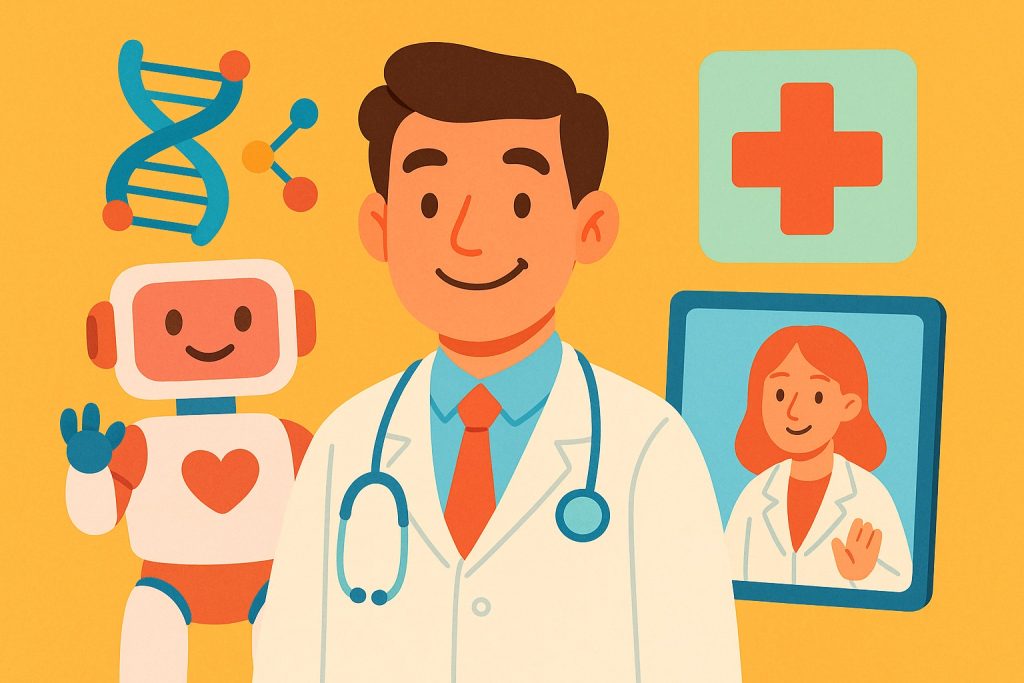In the 21st century, healthcare systems across the globe face unprecedented challenges. While medical science has achieved remarkable progress—from gene therapy to robotic surgery—many structural and societal problems hinder the accessibility, quality, and sustainability of healthcare. Understanding these issues is vital for building a healthier future.
Rising Costs and Economic Burden
One of the most pressing issues is the skyrocketing cost of healthcare. Advanced diagnostics, personalized medicine, and new pharmaceuticals often come with a hefty price tag. This disproportionately affects low-income populations and widens health inequality, even in developed countries. In nations without universal coverage, many people must choose between healthcare and basic necessities.
Aging Populations
With increased life expectancy, societies now face the demographic challenge of aging. Elderly individuals often suffer from multiple chronic diseases such as diabetes, hypertension, and dementia, requiring long-term care. This puts immense pressure on healthcare infrastructure and social services.
Global Health Crises and Pandemics
The COVID-19 pandemic exposed deep vulnerabilities in even the most developed healthcare systems. It highlighted the lack of preparedness for large-scale health emergencies, disrupted routine care, and triggered mental health crises. Future pandemics, driven by climate change or antimicrobial resistance, remain a looming threat.
Mental Health: An Underestimated Crisis
Mental health is increasingly recognized as a core component of well-being, yet it remains underfunded and stigmatized. Depression, anxiety, and burnout affect millions, but access to psychological care is often limited by cost, cultural stigma, or lack of professionals.
Technological Disparities
While telemedicine, artificial intelligence, and wearable health devices are revolutionizing care, they also deepen the digital divide. Remote areas and underprivileged groups frequently lack access to digital healthcare infrastructure, creating unequal benefits from innovation.
Antibiotic Resistance
Overuse of antibiotics in humans and livestock has led to the rise of drug-resistant bacteria. This threatens to undermine decades of medical progress and could render common procedures like surgery or childbirth far more dangerous.
Environmental and Social Determinants
Pollution, poor urban planning, and climate change contribute significantly to diseases such as asthma, cardiovascular conditions, and infections. Additionally, social determinants—such as housing, education, and income—play a crucial role in shaping public health outcomes.
The Path Forward
To meet these challenges, countries must invest in preventive care, strengthen public health infrastructure, and ensure equitable access to services. Health systems must become more resilient, inclusive, and technologically adaptable. Crucially, addressing healthcare is not only a medical task—it is a social, economic, and ethical imperative.
Glossary
- Universal coverage – A healthcare system where all citizens receive healthcare regardless of income
- Chronic diseases – Long-lasting conditions that usually require ongoing medical attention
- Antimicrobial resistance – The ability of microbes to resist the effects of drugs that once killed them
- Digital divide – The gap between those with and without access to digital technologies
- Social determinants of health – Conditions in which people are born, grow, work, and age that affect health outcomes


